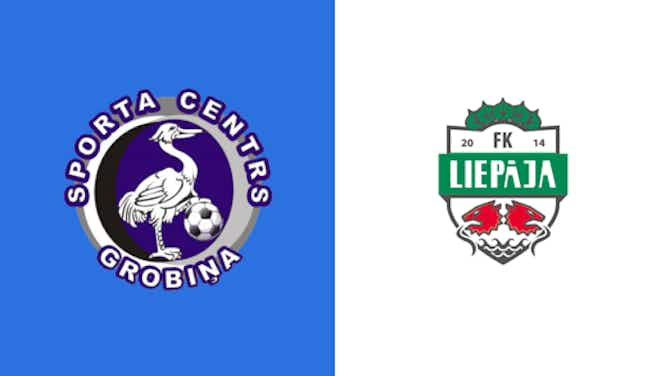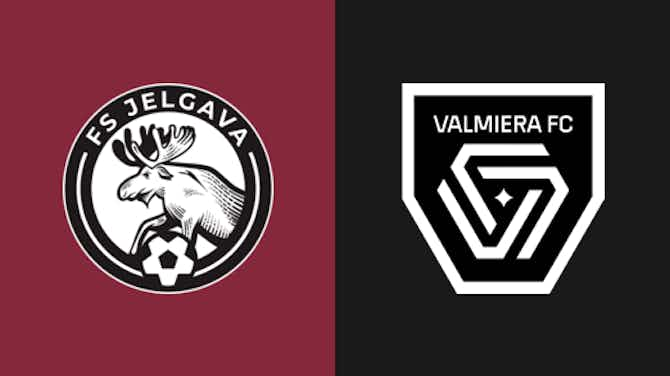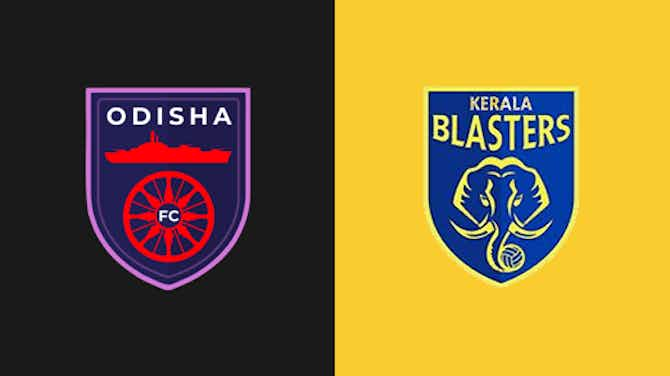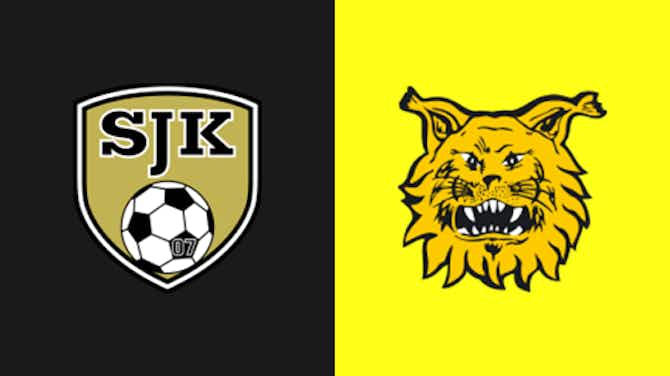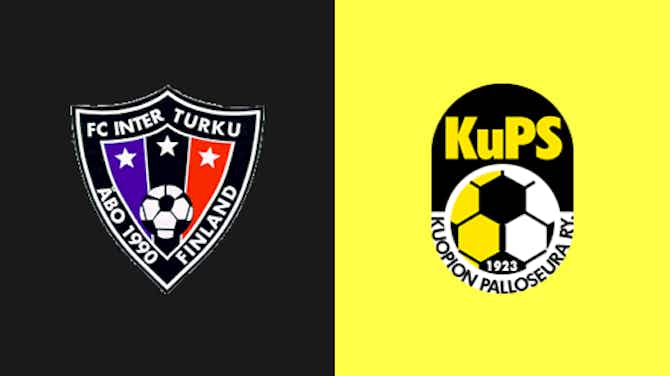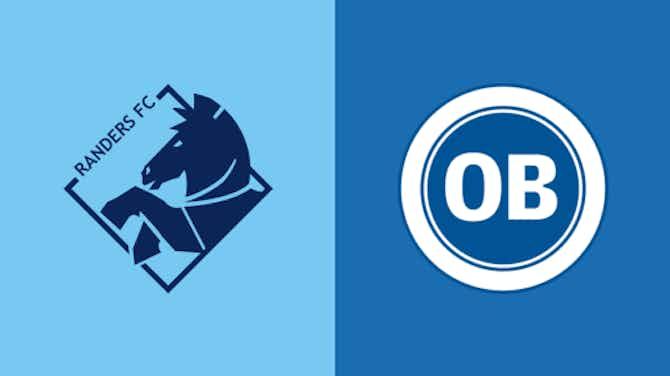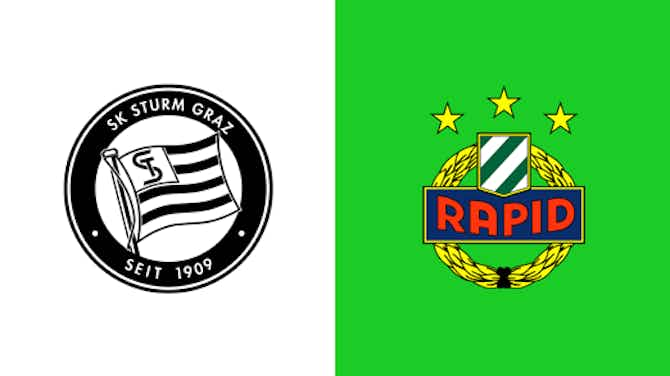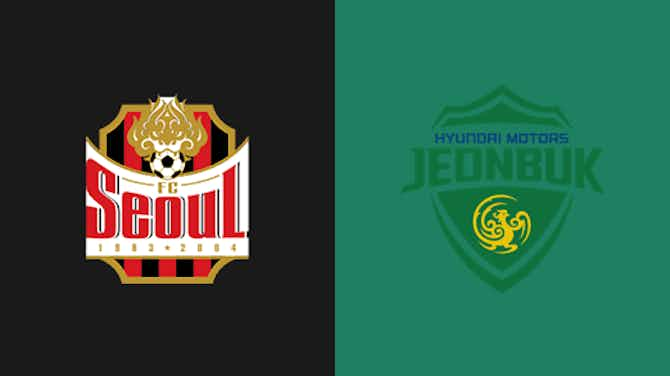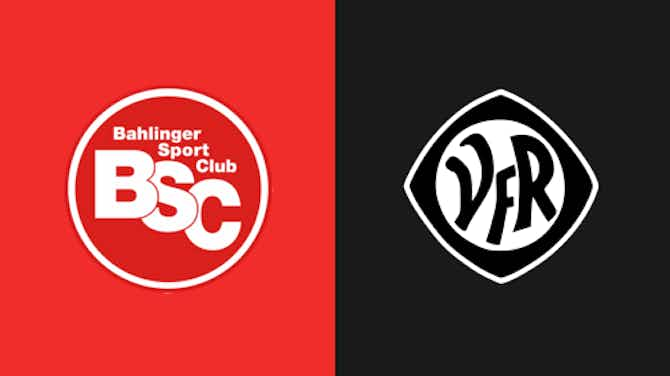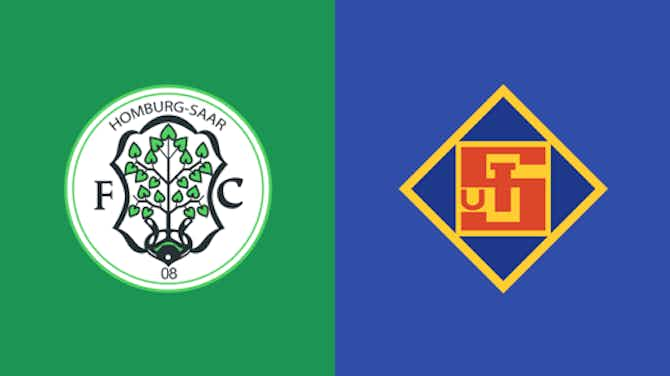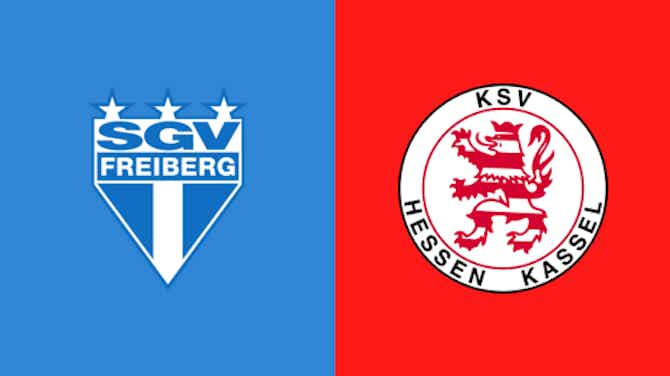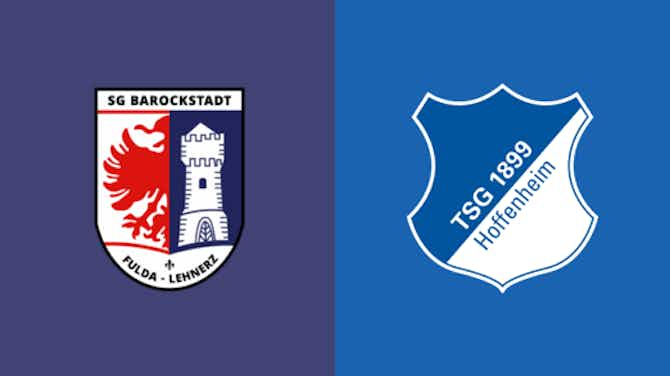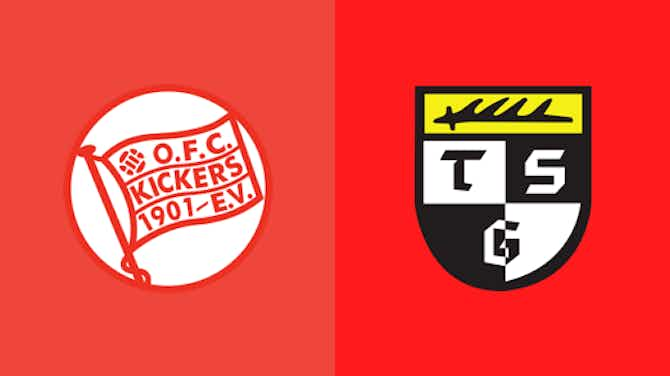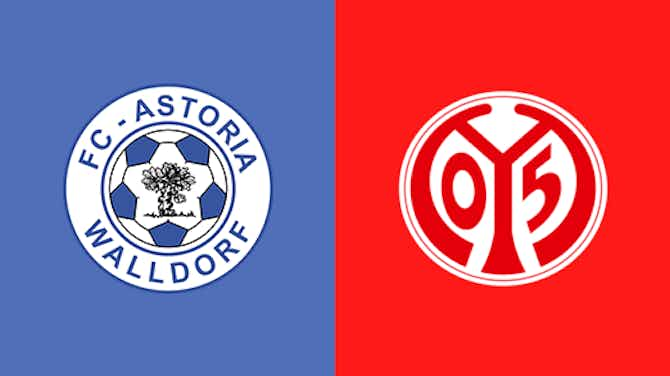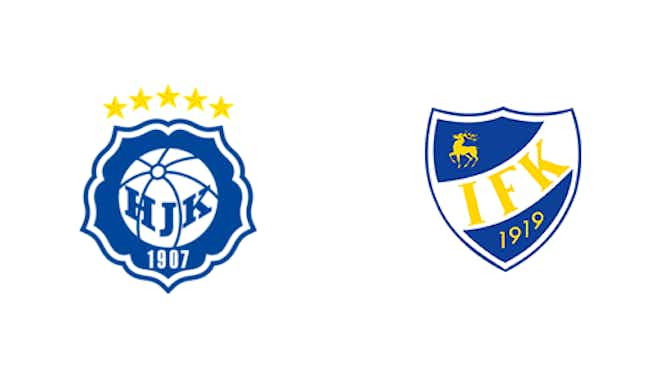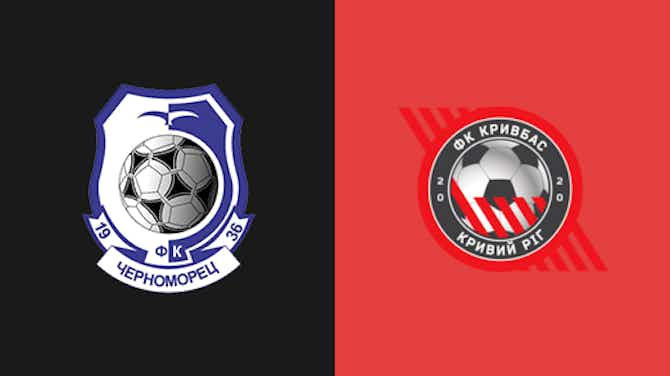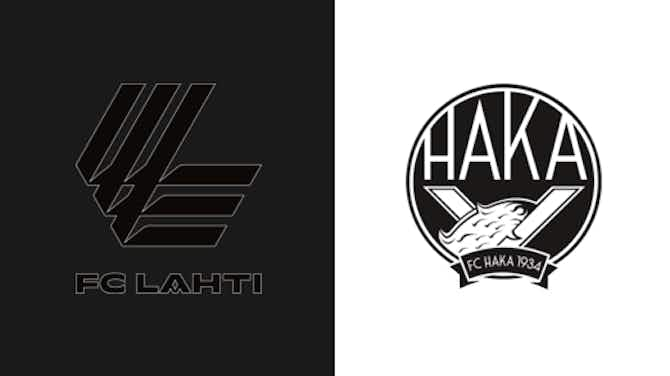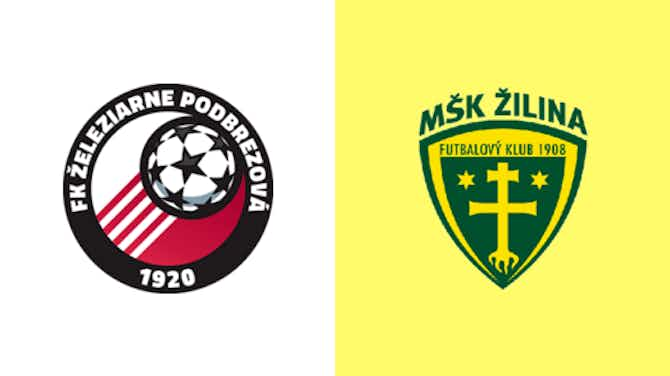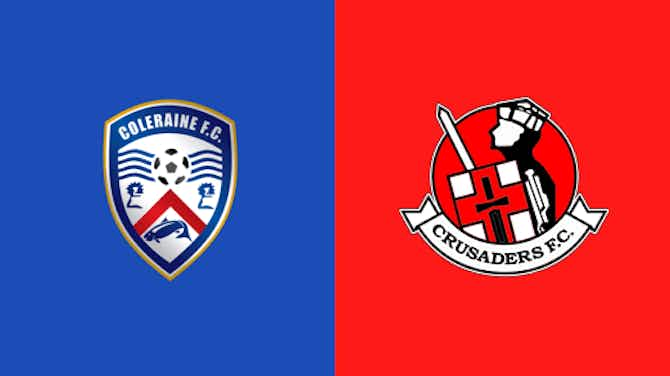El Arte Del Futbol
·17 October 2019
Carles Puyol – Més Que un Capitan

El Arte Del Futbol
·17 October 2019

Let’s turn the clock back for a bit. It’s the last day of January in 2013, as light snow and cold wind cloak the streets of Madrid. Santiago Bernabeu is ready to host the first of two legs of the Copa Del Rey Semi-Finals as they welcome their abhorred rivals from Catalonia – FC Barcelona.
The clock reads a few seconds over the 67th minute as Mesut Ozil prepares to swing in a corner after Gerard Pique blocked a shot from Cristiano Ronaldo. In between these two events, Pique is hit on the head by a lighter thrown from the stands. He picks up the lighter painstakingly and openly shows his distress. He extends his arm with the weapon in hand in an attempt to get the attention of the referee. Just at that moment, a certain Carles Puyol snaps it out of his hand, throws it behind the goalpost and coaxes his teammate to focus on the game. Catalan newspapers had found their excuse to remind the world why Barcelona’s number 5 was the epitome of leadership.
Puyol belongs to a farming family in Pobla de Segur, in Northern Catalonia and his rise to prominence was anything but quick.
He joined La Masia as a 17-year-old after playing for his hometown club for 3 years. Puyol started off – and flourished, apparently – as a goalkeeper, but after suffering numerous shoulder pains, he made a move across the pitch, as a striker. However, after joining the Barcelona youth ranks, he preferred a much deeper role, playing as a defensive midfielder and as a right-back. He cemented his position as the starting RB for the second team, but things became uncomfortably sedate from thereon.
Those who have seen Barcelona’s golden generation coming together cannot possibly fathom a Barcelona team without their leader with the unmistakable disheveled hair. Strangely enough, though, ‘El Toro’ was almost on his way out of the club after waiting patiently for his debut. Louis van Gaal wasn’t one for impatience, however, he did award debuts to world-class talents like Andres Iniesta, Patrick Kluivert, Victor Valdes and one Xavier Hernandez. Puyol was on the verge of joining Malaga, after agreeing on personal terms, but then there was a change in tide and mind. Watching his B Team comrade Xavi get his debut for the senior team pushed him to stay for a little while longer to see if the tables would turn.

After an entire year since Xavi’s debut – who became a key member of van Gaal’s team within a year – Puyol got his chance. There was a lot at stake for the 20-year-old who came on as a right-back in a 2-0 win against Real Valladolid in 1999. After impressing the coach and the Barcelona faithful with his debut, there was no looking back for him.
After making his debut, ‘Puyi’ cemented his place as an important young gun and a reliable option across the defence. However, his preferred right-back spot was taken by Michael Reiziger, and this forced him to make one last positional shift; a change that would prove to be monumental for the youngster and his club’s future. Carles Puyol was deployed as a backup centre-back, where he got more game time than anyone would’ve expected. While he would still occasionally play on the right side of a back 4, van Gaal, the man who couldn’t initially spot the talent Puyol possessed, recognised his potential as a center-half. However, the Dutch manager left the club in May 2000 due to personal differences with the players and the management.
This year also saw several other changes that would turn to hurt The Blaugranas deeply, including the departure of cult hero and fan favourite Luis Figo. There was also a Presidential and management change as Joan Gaspart was appointed the new President. Amidst all this and Real Madrid winning the Champions League again in 2002, one Carles Puyol kept on delivering world-class performances and ended up with his name in the UEFA Team of the Year – back when it made sense. The 24-year-old became royalty in European football and Barca’s weak financial situation at that moment of time made it all the more easier for other clubs to lure him to seemingly greener pastures. It would’ve all come together for Alex Ferguson who tried his level best to sign him for Manchester United. The move would’ve pulled through had it not been for El Tiburón committing himself to the Garnet and Blue for 5 more years with a low paying extension.
There is a clip that does rounds on the internet every now and then, a 15-second excerpt from a game at the Camp Nou. Barcelona were playing Lokotomiv Moskow in the group stages of the Champions League in late October 2002. With the game still tied in the 65th minute and Barcelona pushing for a goal with all players but one in the opposition half, the Russian outfit got an absolute dream chance. James Obiorah went through on goal after going around Victor Valdes, who had committed himself way outside his box. The striker’s shot would have reached the back of the open goal had it not been for Puyol. The centre-back reached the 6-yard box just in time to block the shot with his chest and clear it away from danger. The anxious crowd applauded in awe as the name Carles Puyol was etched in Barcelona and Champions League history. At that moment, he was infinite.
Not even a month after this, his name was cheered again at the Nou Camp as he scored his first goal vs Valladolid playing off a lucky one-two with Javier Saviola and striking the ball into the roof of the net. The fans were finally familiar with their Caveman.
Puyol’s decision to renew was considered erratic and a highly criticised decision. He had the chance to join the Premier League champions and play under one of the most experienced coaches ever. However, his final resolution was largely based on the fact that the club had elections for the presidential post which led to the appointment of Joan Laporta. A young, ambitious man whose philosophy matched that of their new manager, European Championship winner in 1982 with The Netherlands – Frank Rijkaard.
Everything changed under the young Dutchman. He brought in names who had made a name for themselves on the European stage like Deco and Ronaldinho. Rijkaard was famously a very vocal player and coach with similar positional experience as Puyol. The Spaniard elevated his game to another level playing as a first-choice centre-back for the new coach. He was given the armband numerous times in 2003/04 when the 33-year-old Luis Enrique – then club captain – would be rested or subbed off.
Snubbing Manchester United was a highly acclaimed gesture by a football royalty in a very vulnerable club. Puyol endeared himself to everyone associated with Barça and was rewarded with the captain’s reigns after the 2003/04 season following Lucho’s retirement.
As the Rijkaard brigade started steamrolling opponents in 05/06, Puyol faced his most excruciating test in the finals of the Champions League as they went head to head against Arsenal. His foul on the 36th minute of the game resulted in Arsenal taking the lead through a set-piece headed in by Sol Campbell. What followed was a textbook leader’s performance by the number 5.
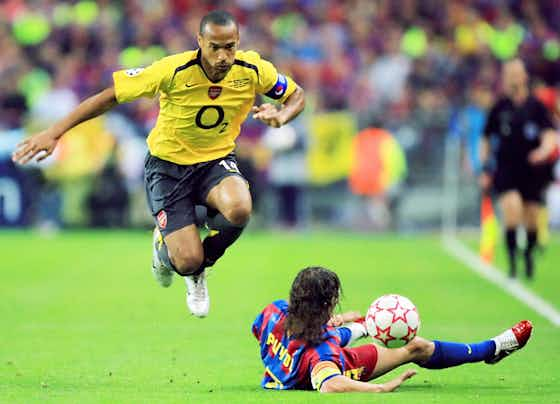
He was seen shouting throughout the game, getting his team in order, shaping the backline and motivating the team through the pressure cooker situation. While the plaudits of this game go to Samuel Eto’o and Valdes, the foreman’s performance was key in a very nervy game.
What separated Puyol from his teammates and made him a better leader than most we’ve ever seen is how seriously he took the game. He had the utmost respect for the sport and worshipped the pitch he played on. This is why he would never ease up. It was next to impossible to distract him from what was happening on the field. He valued every chance he got to represent not only the team but the beautiful game.
He would rarely lose his focus and get involved in fights or quarrels. There have been way too many instances for this. The 2010 El Clasico played at the Bernabeu stands as proof, where Puyi was shoved in the face by Sergio Ramos. A move that had become quite typical from the Madrid defender.
Another moment which is a testament to this came in a game vs Mallorca in 2005, where Puyol was slapped by Sergio Ballesteros. Unsurprisingly, the Catalan captain did not react to this, however, Ronaldinho reached the scene of the crime to confront the opposition, but was stopped by Puyol. The latter asked Ronaldinho to forget what happened and carry on with the game. An unparalleled moment of sportsmanship.
Not only would he lead by example on the pitch by giving it his all every minute he was on the pitch, but El Toro also served as someone to look up to off the pitch.
Something extremely special about the Spaniard was how he held up his tag of insane grit throughout his career. He showed the same level of mettle coming on with the baggy number 32 shirt in 1999 as he did in the World Cup Final. Every game was to be taken as if it was the last.
He was tough as nails, a very good reader of the game and very focused. A warrior on the pitch in its truest sense. In moments when he was not lunging for the ball, though, Puyol was a proper gentleman.
In 2010, AC Milan were to play a pre-season game for the Joan Gamper trophy against Barcelona. This was also Ronaldinho’s return to the place he famously called home. During the team photograph, Puyol called up his ex-teammate to stand with the Barcelona starting XI for the picture. Moments like this reminded everyone why Puyol was such an admired personality around the globe.
At his peak, Puyol was a nightmare to come up against. He was an absolute physical specimen, made of steel and afraid of nothing. His idol was indeed Paolo Maldini, but he’d never live by his words. Puyi never thought twice before making a tackle if it meant saving the ball from going in the net. It was truly a wonder how he did not receive more red cards in his career. However, Puyol was an exceptional tackler of the ball. Timing the tackle was key for him, and all said and done, the fact that he has received no direct red cards in his career is a testament to his exceptional defending.
One of Puyol’s best attributes was that he could spot an aerial ball coming from miles out and be geared up to take a defensive header. The man could track a meteor and clear it with his head.
While he had a more commandeering presence in defence, you could never take your eyes off Puyol during offensive set-pieces as he had a tremendous leap and a precise, strong header.

The most famous evidence of that is his absolute thunderbolt of a header in the 2010 semifinals against Germany. Germany’s zonal marking system couldn’t pick up Puyol’s powering run from the edge of the box till the penalty spot. This game was dominated by a defensive masterclass from both teams but nobody picked up Puyol who leapt above everyone to steal the headlines next morning.
Puyol was evidently an important part of Spain’s Golden generation, too, which killed their markers as ‘forever underachievers’. This La Roja side would go on to win 3 consecutive major international trophies, becoming the first Spanish side to do so.
The 29-year-old had finally won everything he could have. A statement only a handful can say about their career.
Pep Guardiola’s appointment as head coach in 2008 was a very bold move by the Barcelona board. He had gained the trust of a few people who backed him within the club because of his philosophy, and his ideas going forward.
We all know how Guardiola’s first season ended, but how Puyol transformed under him as a player was exemplary.
The Spanish Manager, on paper, had two very different options at centre-back – Gerard Pique and Carles Puyol. Nobody thought this duo would work, let alone win 2 Champions League together. All this came down to Puyol and Pep’s brilliant work off the field.
Puyol has been previously defined as a caveman because of his playing style. He relied a lot on tackling opposition players even though his positional sense was good enough. However, under Pep, Puyol seemed to have a catalyst to his positional intelligence. The world was at the feet of Barcelona’s captain, who displayed the perfect mixture of an aggressive approach with high positional knowledge. Puyol earned only 8 yellow cards in 45 appearances across 4 competitions that season and was named in the UEFA team of the year.
He was namechecked by the Barcelona coach midway through the season as one of the most consistent performers.
The clock rewound for El Capitan who had to start as the right-back in the 2009 Champions League final against Manchester United after Dani Alves was suspended. He was responsible for starting the move that helped Messi double the lead in the 70th minute. The score would remain 2-0 the same till the end of the 90 minutes, and Puyol would collect his second Champions League – at the time a record for a club captain.
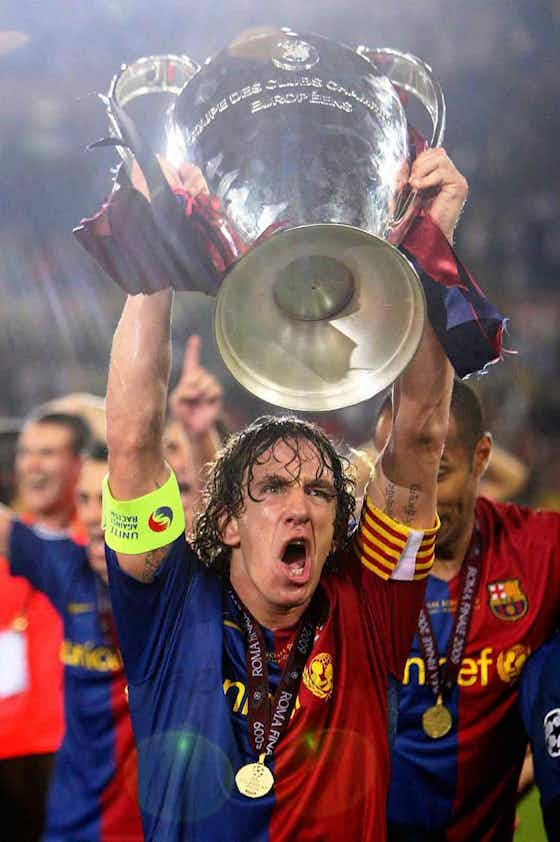
The stage was set again 2 years later, as Guardiola marched his troops into the final battle of the season. The 2010/11 unit which is said to be the best in history. Manchester United were chasing the ghosts of 2009 in a replay of the 2009 final. As the lineups were announced, tensions in Barcelona grew as they saw Carles Puyol on the bench, having just returned from knee surgery after spending 3 months out of action. This move would not prove to be fatal for Liga champions, who grabbed a rather dominating 3-1 victory. Carles featured after the 88th minute, coming on for right-back Dani Alves.
It was what Puyol did after the game that caught the attention of the football fraternity. During the trophy presentation, he handed over the cup to teammate Eric Abidal who was absolutely bamboozled by this gesture. The Frenchman had just returned after a surgery to remove a deadly tumour from his liver. A very classy move from a very classy man.
In the end, it was moments like these that define Puyol, as a player, a leader, and most importantly a person. It was not the 21 trophies, the 500 odd appearances he had for Barcelona, the century of appearances for Spain or even the clutch goals.
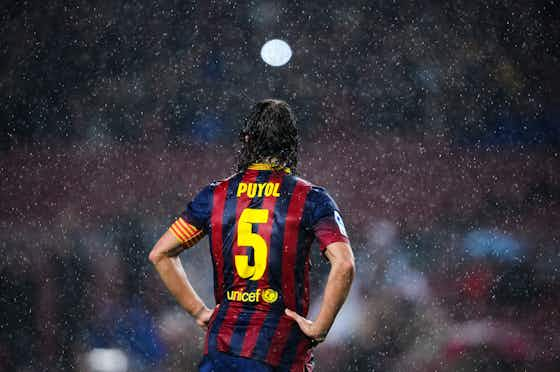
A player of exceptional calibre like Puyol would’ve wanted to end his career on a high. Alas, it was not meant to be. His knee injuries caught up with him and acted as a goad for more serious abrasion to his body. After going through several surgeries, and missing months of football, Barcelona fans feared the worst. Their captain had truly reached the twilight of his career, and the end of what was a beautiful journey was around the corner. The braveheart announced he would hang up his boots during a press conference in 2014, saying his body couldn’t take it anymore. It was a very emotional briefing, where the club didn’t allow many questions to be asked.
Carles Puyol is not only one of the greatest defenders we have had the pleasure of watching, but he’s also one of the most adored football idols the world will ever see.
Written by Udhav Arora
El Arte Del Futbol is an official content creator for OneFootball. Find more original features, Player Profiles and tactical analysis on www.elartedf.com. If you are reading this on our website, we’d like to thank you for your continuous support!
